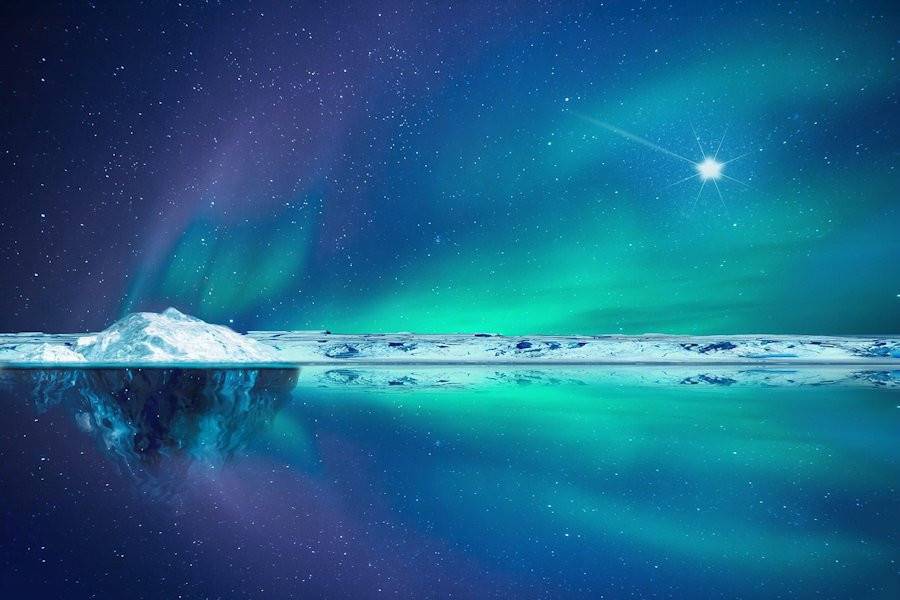292
The most powerful Arctic Ocean heat wave on record occurred in 2020; it lasted 103 days, with peak temperatures four degrees Celsius above the long-term average. The probability of such a heat wave occurring without the influence of anthropogenic greenhouse gases is less than one percent.
Such heat waves occur when sea ice melts rapidly in early spring. When this happens, considerable heat energy can build up in the water by the time solar radiation reaches its maximum in July. This phenomenon has a negative impact on Arctic systems and contributes to the depletion of fish resources.

